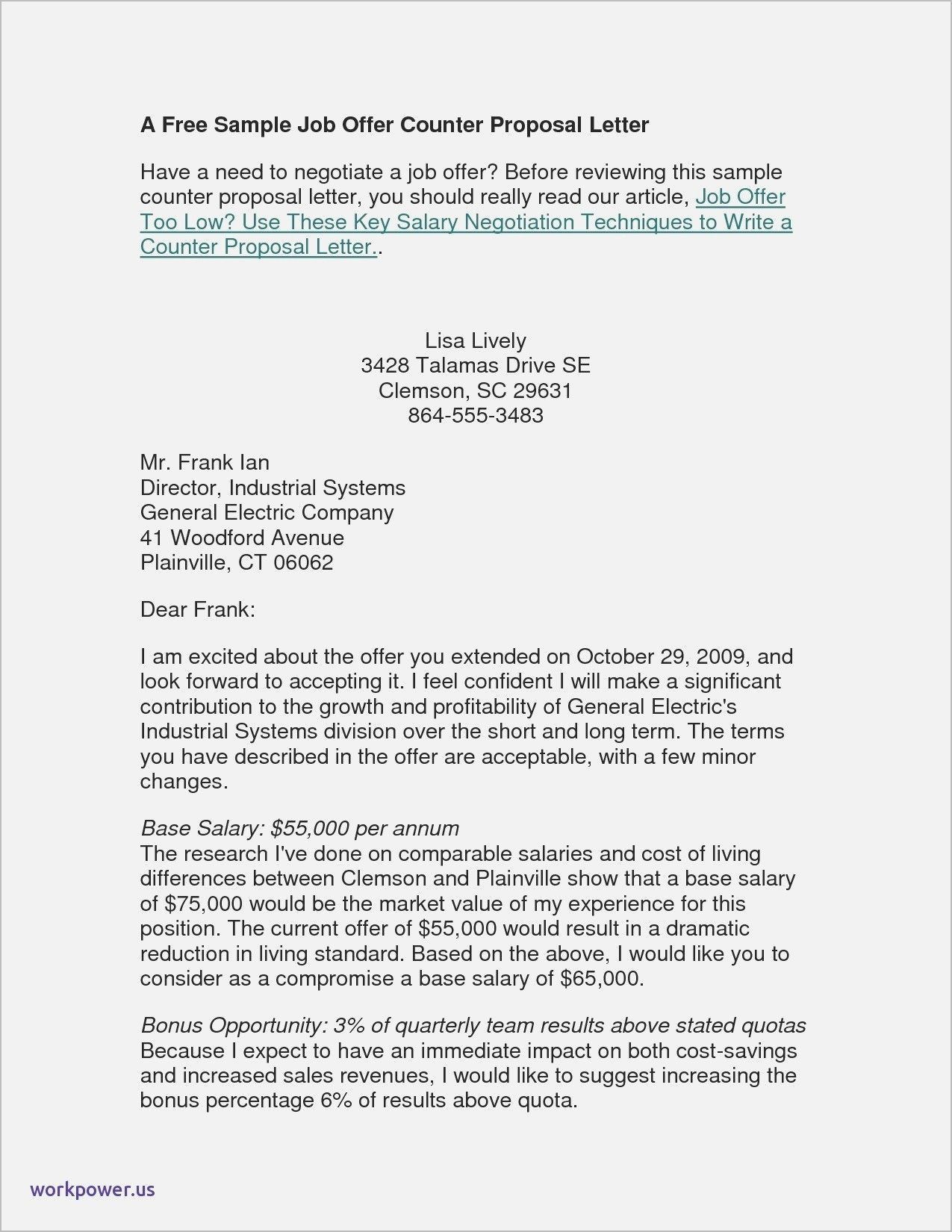Job Offer Negotiation: Strategies For A 'Best And Final' Offer

Table of Contents
Researching Your Market Value
Before you even think about negotiating, thorough research is crucial. Understanding your market value allows you to approach the negotiation with confidence and a clear understanding of your worth.
Understanding Salary Ranges
Knowing the typical salary range for your role is the foundation of successful job offer negotiation. Utilize various resources to get a comprehensive picture:
- Online Salary Databases: Explore websites like Glassdoor, Salary.com, Payscale, and LinkedIn Salary to find salary ranges based on your job title, location, experience level, and company size.
- Networking: Talk to colleagues, friends, or mentors in similar roles. Their insights can provide valuable context beyond the numbers on websites.
- Industry Reports: Look for industry-specific reports that may provide salary benchmarks.
It's vital to consider factors like your education, years of experience, specific skills, and the location of the job when evaluating salary data. A senior software engineer in San Francisco will command a higher salary than one in a smaller city.
Assessing Your Worth
Don't just rely on averages; quantify your achievements to justify your desired salary. Highlight your unique value proposition to the employer.
- Quantifiable Achievements: Instead of saying "improved efficiency," say "improved team efficiency by 15% resulting in a $50,000 cost savings."
- Transferable Skills: Emphasize skills you've developed that are relevant to the new role, even if they were gained in a different industry.
- Accomplishments: Showcase projects where you exceeded expectations or played a critical role in company success.
Preparing for the Negotiation
Preparation is key to a successful negotiation. Knowing your goals and having a clear strategy will empower you to confidently advocate for yourself.
Defining Your Goals and Walk-Away Point
Before you begin, determine your ideal salary and a minimum acceptable offer (your walk-away point).
- Research: Use your market research to establish a salary range you're comfortable with.
- Prioritize: Consider the entire compensation package, including benefits, bonuses, and potential for advancement.
- Walk-Away Point: This is your absolute bottom line. If the offer doesn't meet this, you're prepared to walk away.
Crafting Your Negotiation Strategy
Decide on a negotiation approach:
- Collaborative: Focus on finding a mutually beneficial outcome. This approach is ideal when building a long-term relationship with the employer.
- Competitive: This approach is more assertive and focuses on maximizing your gains. Use this cautiously, as it may damage the relationship.
Practice your negotiation points. Strong phrases include: "Based on my research and experience, I'm targeting a salary in the range of X to Y." or "Considering my accomplishments and the value I bring, I believe a salary of Z would be appropriate."
Conducting the Negotiation
The negotiation itself requires confident communication and strategic responses.
Communicating Your Value
Present your value proposition clearly and professionally.
- Active Listening: Pay close attention to what the employer says.
- Clear Articulation: Express your expectations confidently but respectfully.
- Positive Tone: Maintain a professional demeanor, even if you disagree on certain points.
Handling Counteroffers
Counteroffers are expected. Be prepared to respond strategically.
- Analyze the Counteroffer: Carefully evaluate the offer and decide whether it's acceptable, partially acceptable, or unacceptable.
- Counter-Counter: If the counteroffer isn't sufficient, prepare a reasoned counter-proposal, justifying your desired salary.
- Explore Other Benefits: If the salary is non-negotiable, look at other aspects of the compensation package – benefits, vacation time, etc.
Securing the 'Best and Final' Offer
Once you reach an agreement, aim to solidify it.
- Confirm in Writing: Get all terms and conditions confirmed in a formal offer letter.
- Review Carefully: Thoroughly review the offer letter before accepting it.
- Express Gratitude: Express your appreciation for the offer and the negotiation process.
Negotiating Beyond Salary
Don't limit your negotiation to salary alone. Other aspects of the compensation package can significantly enhance your overall compensation.
- Benefits: Health insurance, retirement plan contributions, paid time off.
- Bonuses: Signing bonuses, performance-based bonuses.
- Professional Development: Opportunities for training, conferences, or further education.
Conclusion
Successful job offer negotiation hinges on thorough market research, a well-defined strategy, confident communication, and the ability to secure a "best and final" offer that reflects your true worth. By utilizing the strategies outlined in this article, you'll be better equipped to negotiate effectively and confidently. Armed with these job offer negotiation strategies, you're ready to confidently secure a 'best and final' offer that reflects your true worth. Start planning your negotiation today!

Featured Posts
-
 Wrestle Mania 41 Golden Belts On Sale Memorial Day Weekend Ticket Offer
May 24, 2025
Wrestle Mania 41 Golden Belts On Sale Memorial Day Weekend Ticket Offer
May 24, 2025 -
 Porsche Cayenne Gts Coupe Opinia Po Jazdach Probowych
May 24, 2025
Porsche Cayenne Gts Coupe Opinia Po Jazdach Probowych
May 24, 2025 -
 Should Investors Worry About High Stock Market Valuations Bof As Take
May 24, 2025
Should Investors Worry About High Stock Market Valuations Bof As Take
May 24, 2025 -
 Crisi Moda I Dazi Del 20 Di Trump E Le Conseguenze Per L Ue
May 24, 2025
Crisi Moda I Dazi Del 20 Di Trump E Le Conseguenze Per L Ue
May 24, 2025 -
 How To Get Bbc Radio 1 Big Weekend 2025 Tickets A Complete Guide
May 24, 2025
How To Get Bbc Radio 1 Big Weekend 2025 Tickets A Complete Guide
May 24, 2025
Latest Posts
-
 The Last Rodeo Highlighting Neal Mc Donoughs Acting
May 24, 2025
The Last Rodeo Highlighting Neal Mc Donoughs Acting
May 24, 2025 -
 Sylvester Stallones Tulsa King Season 2 Blu Ray Release Date And Sneak Peek
May 24, 2025
Sylvester Stallones Tulsa King Season 2 Blu Ray Release Date And Sneak Peek
May 24, 2025 -
 Surprise Joe Jonas Plays Unannounced Concert At Fort Worth Stockyards
May 24, 2025
Surprise Joe Jonas Plays Unannounced Concert At Fort Worth Stockyards
May 24, 2025 -
 Sylvester Stallone Returns In Tulsa King Season 2 Blu Ray Sneak Peek
May 24, 2025
Sylvester Stallone Returns In Tulsa King Season 2 Blu Ray Sneak Peek
May 24, 2025 -
 Fort Worth Stockyards Joe Jonas Delivers Surprise Show
May 24, 2025
Fort Worth Stockyards Joe Jonas Delivers Surprise Show
May 24, 2025
